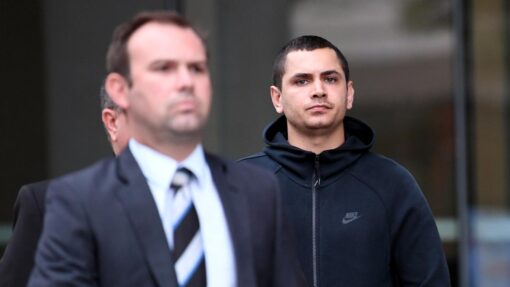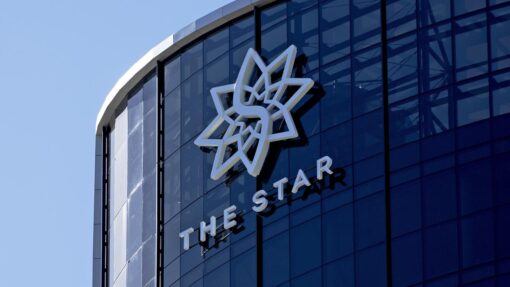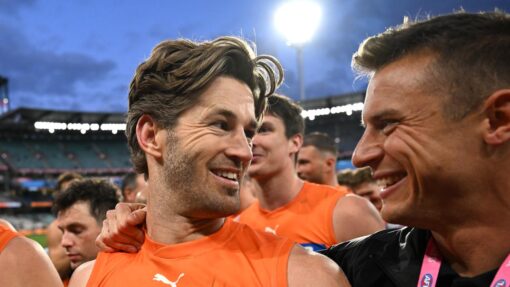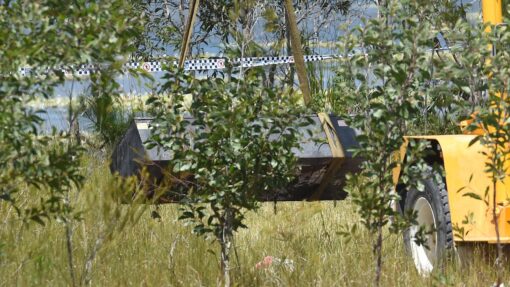Forestry Corp admissions ward off criminal trial
Tracey Ferrier |
The NSW Forestry Corporation has admitted destroying precious hollow-bearing habitat trees in an eleventh-hour move that avoids a criminal trial that would have explored its conduct in detail.
Public interest advocate John Corkill was seeking special permission to be heard at the trial, which had been due to start this week in the Land and Environment Court.
But it now won’t proceed after the NSW corporation pleaded guilty to three charges on Monday – almost four years after the damage was done.
The charges relate to the illegal destruction of three hollow-bearing trees in the Wild Cattle Creek State Forest, west of Coffs Harbour, in July 2020.
The forest is home to a host of native species including endangered koalas, greater gliders, owls and other native animals that depend on hollow trees, which can take 100 years or more to form.
The guilty pleas add to Forestry Corporation’s previous admissions – made a year and half ago – that it illegally destroyed six giant trees in the same forest about the same time.
Under the forestry laws all giant trees measuring more than 1.4 metres across must not be destroyed.
The corporation will be sentenced on all of the charges in September and Dr Corkill – an environmentalist and legal scholar – still hopes to be heard under a rarely-used legal provision.
He wants the court to accept him as an amicus curiae – a person who seeks to assist the court while not being a party to proceedings.
If he wins the right to appear, as a delegate of the Bellingen Environment Centre, he will urge the court to scrutinise the conduct of the Environment Protection Authority.
He says the watchdog has brought proceedings against Forestry Corporation 13 times since 1997 but hasn’t gone after the individuals or contractors that did the illegal clearing, despite having the power to do so.
An amicus curiae can suggest questions for the court to ask and Dr Corkill hopes Justice Nicola Pain will grill the EPA about why it’s only done half the job.
“We can look in the court file and see that EPA prosecutes persons and private companies in every other industrial setting,” he said.
“But they’ve never prosecuted a person or a private logging contractor that does work for the Forestry Corporation. Why is that?”
Dr Corkill says he’s been advised the EPA does not support his bid to be heard.
The EPA says it decides on prosecutions based on evidence and culpability in line with its regulatory policy and prosecution guidelines.
“In this case, the EPA decided to prosecute FCNSW as the appropriate defendant.”
Forestry Corporation has told AAP it regrets the destruction of hollow-bearing trees.
It said all hollow-bearing trees were required to be retained and 411 were “but three trees were subsequently found to have hollows at the base, which had been obscured by extremely dense understorey”.
It said the giant trees were destroyed in an operation during a transition period from one set of regulations to another.
AAP


